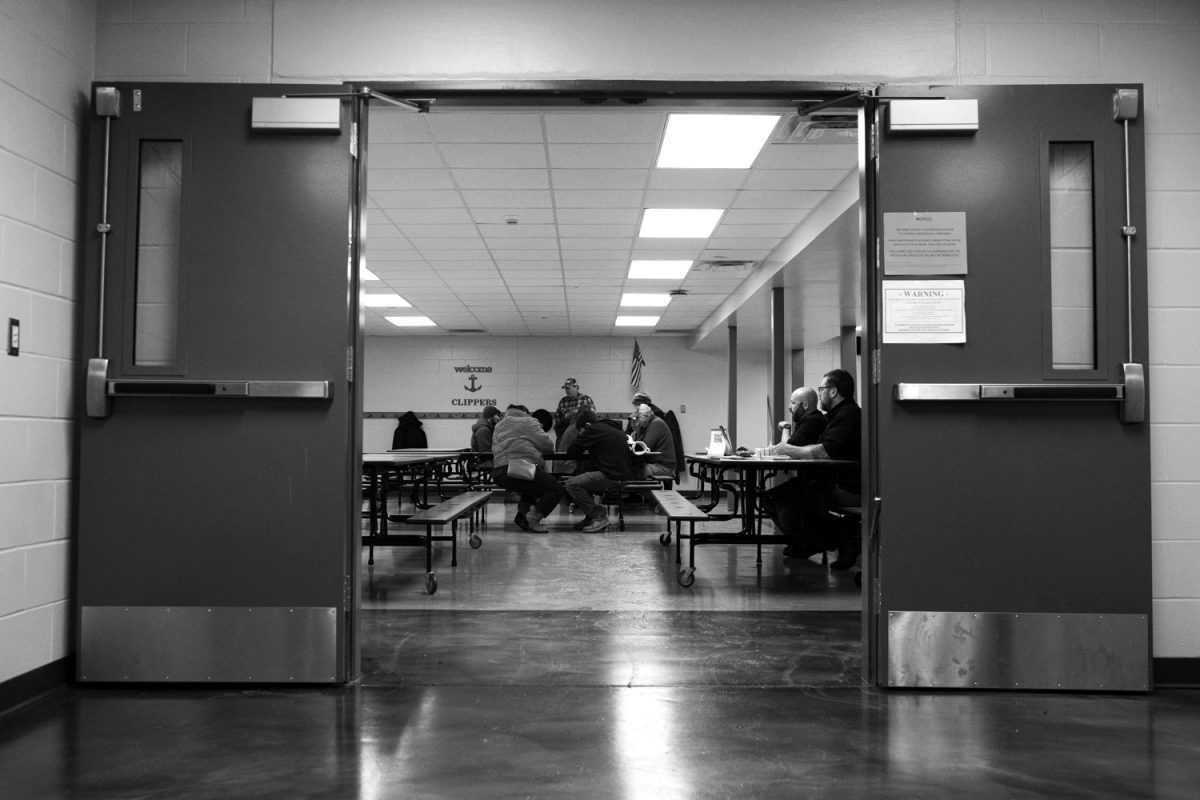Following changes to the Iowa Democratic caucuses and a record-low voter turnout across the board, the future of the first-in-the-nation contest seems uncertain. While the spirit of the Iowa caucuses has not been abandoned, some experts say it may never return to its traditional form.
Iowa Democrats faced vast criticism and were stripped of the first-in-the-nation status after a reporting app failure resulted in delays in reporting the victor of the Iowa caucuses in the 2020 Democratic contest. The Iowa Republican caucus has faced similar troubles, including ballot counting issues in 2012, but remains unscathed by its national overseers.
The Iowa Democratic Party curtailed this new DNC regulation by hosting a caucus on Jan. 15, but not selecting a main presidential candidate. This year, the Iowa Democratic Party opted to have a mail-in ballot system for the caucuses, with results announced on Super Tuesday on March 5.
A state law passed in 1985 requires the Iowa caucuses to be the first in the nation, and held before the New Hampshire primary. University of Iowa political science professor Timothy Hagle said the only thing the state law requires is “party business,” such as electing delegates to the county convention.
Opposed to abandoning the event, Iowa Democrats held an unorthodox caucus during which they did not discuss presidential candidates but elected lower county officials and conducted party business.
In a statement to The Daily Iowan, Iowa Democratic Party Chair Rita Hart wrote that more than 14,000 mail-in ballots have been requested.
“I’m really proud of our new mail-in process because this is going to be the most inclusive Iowa caucus process in Iowa history,” Hart wrote. “For the first time, a parent who may not have child care, a college student who has a night class, someone working a third shift, or those in our disability community who struggle with home health care, can make their voices heard.”
Iowa lost first-in-the-nation status due to a ballot counting issue in the 2020 caucuses that delayed results from being announced until 21 hours after the process began. A calendar presented by the DNC opted for South Carolina to fill Iowa’s place.
Despite the DNC’s demotion from Iowa’s caucuses, Hart said she has been repeatedly reassured by the DNC’s Rules and Bylaws Committee that the presidential nominating calendar discussion will be open in 2028.
Republican Party of Iowa Chair Jeff Kaufmann also wrote a statement saying he was proud of the 2024 Iowa caucuses and is hopeful the Iowa Democratic caucus will return too.
“The thousands of volunteers who helped organize our caucus to run without a hitch and the over 110,000 Iowans who braved record winter weather conditions to have their voices heard have redeemed our state and our prized First-in-the-Nation Caucus,” Kaufmann wrote.
Hagle said now is a good time for Democrats to try this new system and work out any kinks because there’s not much attention being paid to the party, due to the lack of competition in the race.
However, switching to a mail-in ballot that does not announce results until months later could cause the Iowa Democratic caucuses to lose its national appeal, Hagle said.
“Iowa’s results get lost in the mix,” Hagle said. “And nobody cares at that point, and that’s probably the way it’s going to go in the future.”
RELATED: Iowa caucuses see record-low voter turnout
Hagle said he hopes there’s a future for the Iowa caucuses and that starting in a small state allows candidates with fewer resources and low name recognition to appeal to voters and gain political traction.
Hagle said if Democrats abandon the caucuses altogether, then it remains to be seen if Republicans can keep the position of first in the nation.
Grinnell College political professor Barbara Trish said the future of the Iowa Democratic caucuses depends on how the mail-in ballot system goes this year.
Trish said the Iowa Democratic Party plan keeps some elements of the old caucus in place and implements the accessibility that would come with a primary to create a hybrid that will be used in the future.
“I suspect that the traditional Democratic caucus where everyone gets together and it’s a one-shot deal on caucus night is likely to be a thing of the past,” Trish said.



